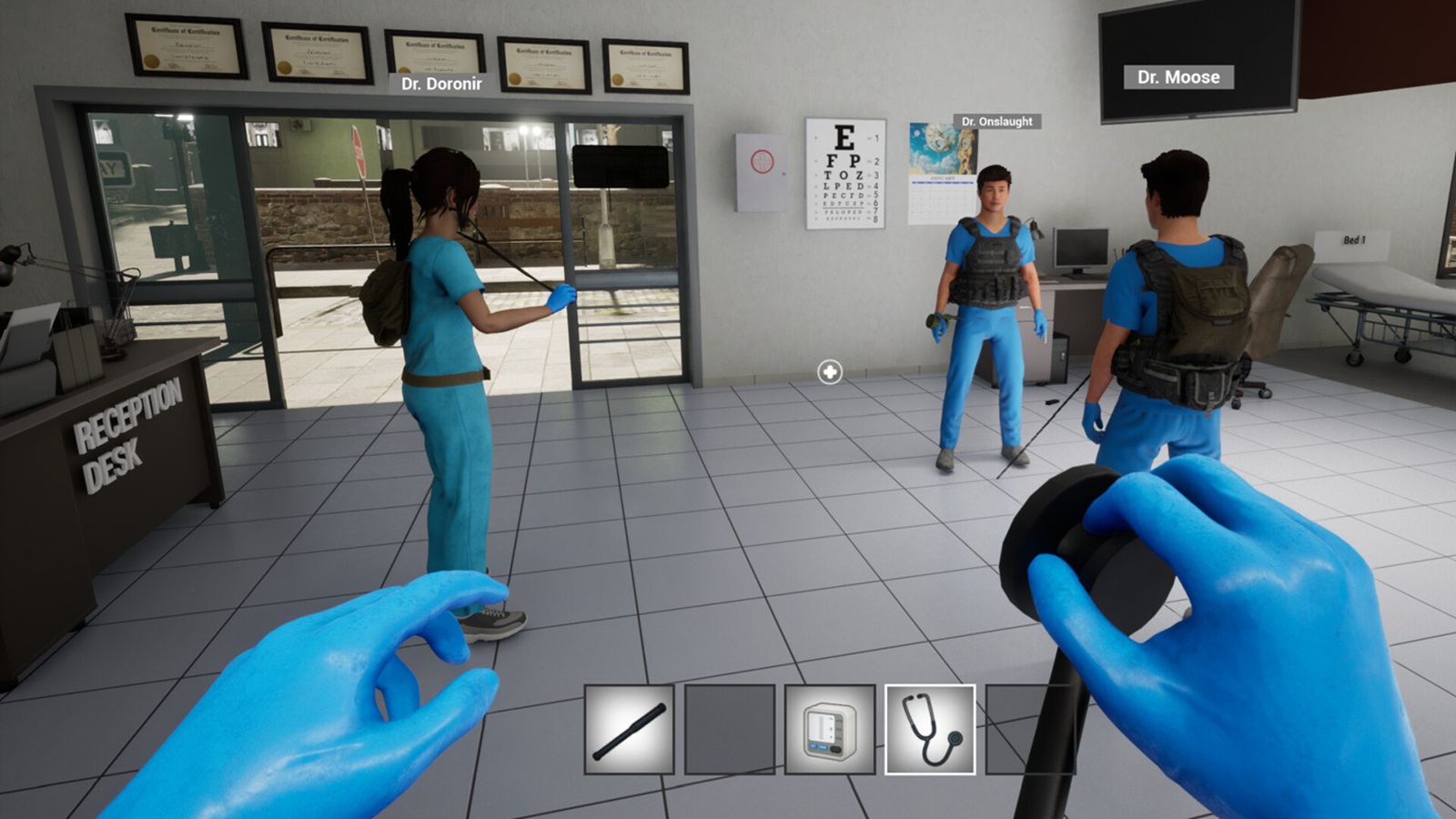I would like to clarify a few important points regarding OpenAI’s approach to infrastructure and government involvement.
First, and most obviously: we do not have or want government guarantees for OpenAI datacenters. We believe that governments should not pick winners or losers, and that taxpayers should not be on the hook to bail out companies that make bad business decisions or otherwise lose in the market. If one company fails, other companies will continue to do good work.
What we do think might make sense is for governments to build (and own) their own AI infrastructure. In such cases, the upside should flow to the government as well. We can imagine a world where governments decide to offtake a lot of computing power and get to decide how to use it. It might also make sense to provide a lower cost of capital to help facilitate this. Building a strategic national reserve of computing power makes a lot of sense, but this should be for the government’s benefit—not the benefit of private companies.
The one area where we have discussed loan guarantees is in support of building out semiconductor fabs in the US. We and other companies have responded to the government’s call here, and though we have not formally applied, we would be happy to help. The basic idea is to ensure that the sourcing of the chip supply chain is as American as possible, to bring jobs and industrialization back to the US, and to enhance the strategic position of the US with an independent supply chain. This benefits all American companies. Of course, this is very different from governments guaranteeing private-benefit datacenter buildouts.
There are at least three “questions behind the question” that understandably cause concern:
**1. How is OpenAI going to pay for all this infrastructure it is signing up for?**
We expect to end this year with an annualized revenue run rate above $20 billion, and we anticipate growing to hundreds of billions by 2030. We are currently looking at commitments of about $1.4 trillion over the next eight years.
Obviously, this requires continued revenue growth, and each doubling is a major effort. But we are feeling confident about our prospects. For example, we are quite excited about our upcoming enterprise offering, and we see other significant opportunities in categories like new consumer devices and robotics. There are also emerging categories that are harder to specify today, such as AI that can accelerate scientific discovery, which we will address later.
We are also exploring ways to sell compute capacity directly to other companies and individuals. We are quite sure the world will need a lot more “AI cloud,” and we are excited to provide this. We may also raise additional equity or debt capital in the future. But from everything we see, the world is going to require far more computing power than we have already planned for.
**2. Is OpenAI trying to become “too big to fail,” and should the government be picking winners and losers?**
Our answer is an unequivocal no. If we make mistakes and cannot fix them, we should fail—other companies will continue to do good work and serve customers. That’s how capitalism works, and both the ecosystem and economy would be fine.
We plan to be wildly successful, but if we get it wrong, that’s on us. Our CFO recently discussed government financing, and later clarified that her point could have been phrased more clearly. As mentioned above, we think the US government should have a national strategy for its own AI infrastructure.
Tyler Cowen asked me a few weeks ago about the federal government becoming the insurer of last resort for AI, similar to how insurance works for nuclear power risks, not for infrastructure overbuild. I said: “I do think the government ends up as the insurer of last resort, but in a different sense than you mean—I don’t expect them to actually be writing insurance policies in the way they might for nuclear.”
Again, this was a different context entirely from datacenter buildouts, and not about bailing out companies. What we were talking about is dealing with catastrophic risks—for example, a rogue actor using AI to coordinate a large-scale cyberattack that disrupts critical infrastructure. Intentional misuse of AI could cause harm on a scale only the government could manage. I do not think the government should be writing insurance policies for AI companies.
**3. Why does OpenAI need to spend so much now, rather than growing more slowly?**
We are building the infrastructure for a future economy powered by AI. Given everything we see on the horizon in our research program, now is the time to scale up our technology investment. Massive infrastructure projects take years to build, so we must start today.
Based on usage trends and how much AI people want to use, we believe the risk of not having enough computing power is both more significant and more likely than the risk of having too much.
Even today, we and others must rate-limit our products and hold back new features and models due to severe compute constraints. In a world where AI can enable major scientific breakthroughs but at the cost of tremendous computing power, we want to be ready to meet that moment. And we believe this moment is no longer far off.
Our mission requires us not to wait many more years to apply AI to difficult problems—such as contributing to curing deadly diseases—and to bring the benefits of artificial general intelligence (AGI) to people as soon as possible.
Moreover, we envision a world of abundant and cheap AI. We expect massive demand for this technology with transformative benefits for people’s lives in many ways.
It is a great privilege to be in the arena and to have the conviction to build infrastructure at such a scale for something so important. This is the bet we are making, and given our vantage point, we feel good about it. But of course, we could be wrong—and if we are, the market, not the government, will deal with it.
https://www.shacknews.com/article/146718/openai-ceo-sam-altman-government-ai



